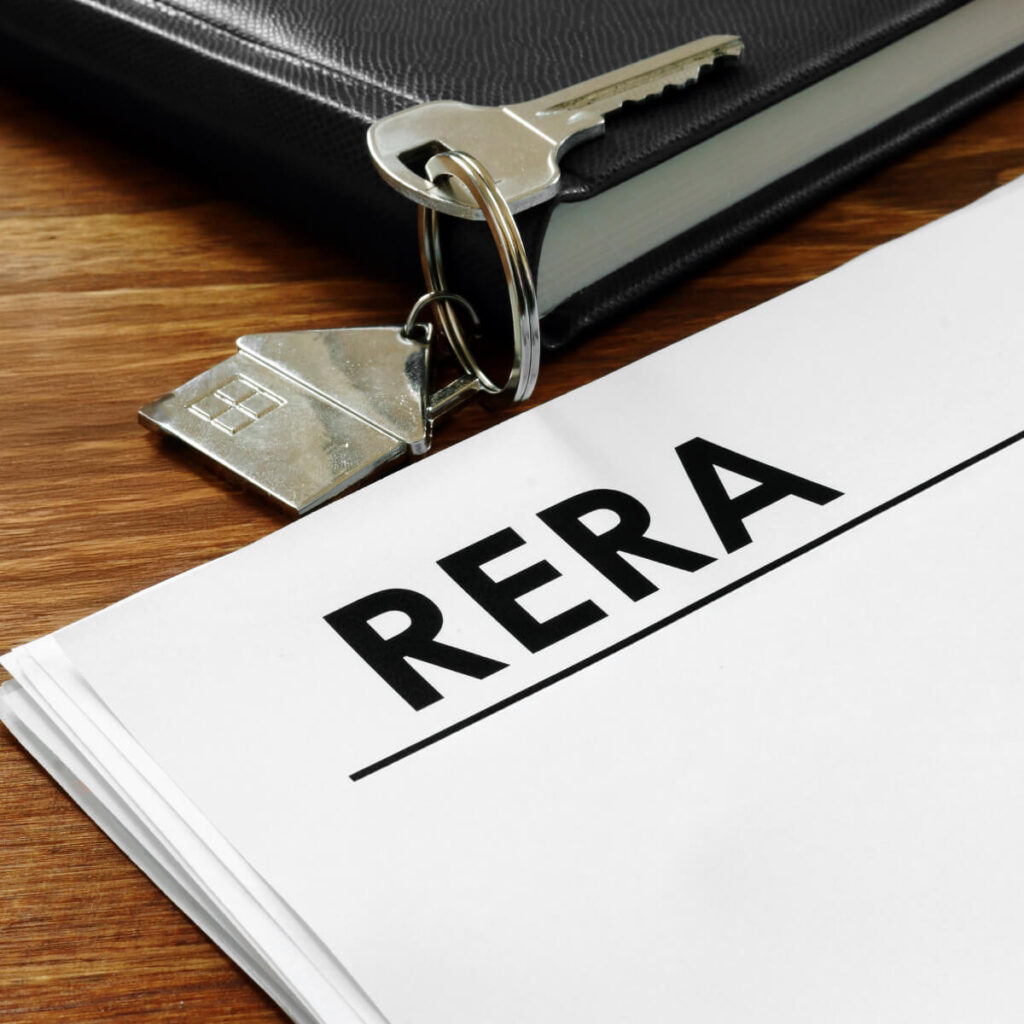The Real Estate Regulatory Agency (RERA), established in 2007, is a cornerstone of Dubai’s thriving real estate market. As a regulatory body under the Dubai Land Department, it plays a pivotal role in ensuring transparency, accountability, and fairness in property transactions. As a property owner, it is important to know and understand how RERA works to make the most out of your property investment in Dubai.
Key Responsibilities and Initiatives of RERA Dubai
- Regulation and Oversight: RERA sets and enforces regulations governing the real estate sector, including property development, brokerage, and leasing.
- Consumer Protection: The agency prioritizes protecting the rights of buyers, sellers, tenants, and landlords by ensuring fair practices and addressing disputes.
- Market Development: RERA promotes a healthy and sustainable real estate market through initiatives that encourage investment and development.
- Licensing and Registration: Overseeing the registration of developers, brokers, and property management companies.
- Transparency and Accountability: RERA fosters transparency by providing clear guidelines and regulations, and holds stakeholders accountable for their actions.
- Dispute Resolution: The agency offers efficient dispute resolution mechanisms, helping to maintain a harmonious real estate environment.
- Protecting Investors: Regulating escrow accounts to safeguard off-plan property buyers.
RERA for Property Owners
Property owners can benefit from RERA’s services by reporting disputes, seeking assistance with rental agreements, understanding their rights and obligations, and staying informed about the latest regulations impacting the property sector.
Although you can rely on our Property Management services to handle RERA processes, staying informed about key aspects can be very beneficial.
Dubai Tenancy Law
The Dubai Tenancy Law, created by RERA Dubai, sets the rules for the relationship between landlords and tenants. It protects the rights of both parties and covers important topics such as rent increases, contract renewals, maintenance duties, and eviction rules. Rent increases are controlled by the Dubai Land Department’s Rental Index, which ensures that rents stay in line with market rates.
Property owners need to be aware of the basic principles regarding contract renewals and evictions to avoid disputes that result in loss of time and money. For renewals or changes in the contract, a 90-day notice has to be provided by the applicant party. Whereas for evictions, landlords must provide a 12-month notice if they need the property for personal use or other valid reasons.
The landlord-tenant disputes related to the above, or any other aspect like the tenant not renewing lease letter, are handled by the Rental Dispute Settlement Centre (RDSC).

RERA Tenancy Contracts in Dubai
The tenancy contract in Dubai needs to be officially recorded through a system called Ejari, to provide legal protection for both parties. The contracts can be easily downloaded from the Dubai Land Department’s website or Dubai REST app, which can then be edited to suit the individual requirements of tenants and property owners.
Short-Term vs Long-Term Rentals in Dubai
Tenancy contracts in Dubai can be broadly categorized as long-term and short-term rental agreements. Short-term contracts usually last from a few days up to a year. These include holiday rentals, furnished apartments, and temporary villa rentals ideal for those traveling with a group. There are several advantages for property owners in short-term rentals in Dubai. These include high rental yields, upfront payments, and easier cancellations.
On the other hand, long-term agreements are available for durations of one year or more, offering property owners a stable income with less frequent tenant turnover. Long-term rentals in Dubai require detailed documentation, including Ejari registration with stated terms and conditions. Rental rates are usually lower in long-term agreements, but property owners have much higher financial security as they don’t have to find new tenants frequently.
FAQs
What is Ejari?
Ejari is an online system regulated by the Dubai Land Department (DLD) that registers tenancy contracts, making them legally binding and transparent.
What is RERA Dubai?
RERA (Real Estate Regulatory Agency) is the regulatory arm of the Dubai Land Department that oversees the real estate sector, sets policies, licenses real estate activities, and regulates the relationship between all parties involved in real estate transactions in Dubai.
How to Cancel Ejari?
Tenancy Contract or Ejari can be easily canceled online. You can visit the Dubai Land Department website and apply for cancellation online. The service form and list of required documents are given on the website, and you can also choose from multiple payment options at your convenience.
How to Renew Ejari Online?
Just like cancellations, Ejari can be renewed online through the Dubai Land Department website. You will need documents like a tenancy contract copy and the UAE ID card. If the applicant is an attorney, the power of attorney is also required. For this service as well, you can opt for multiple payment options.
How to Make a Tenancy Contract in Dubai?
You can easily download the standard rental contract in Dubai from the Dubai Land Department’s website or the Dubai REST app.
How to Cancel Power of Attorney in Dubai?
Power of Attorney can be canceled online, as well as by physically visiting the Notary Public. For online cancellation, you need to apply online at the Dubai Land Department’s website and the UAE ID of the attorney and the client. (For foreigners, a valid passport will be needed instead of the UAE ID)
Does Each Tenant Need Renters Insurance?
There is no legal requirement for tenants to have renters insurance in Dubai. But, having one can make you secure from unforeseen costs, making the tenants and property owners both financially secure.
How to Manage Rental Property by Self?
You can manage your property yourself, but it will need a lot of time and effort to understand all the processes in depth. Generally, it is better to simply receive property management services from a trusted agency, just to be sure that everything is handled correctly, saving your time, effort, and cost.






